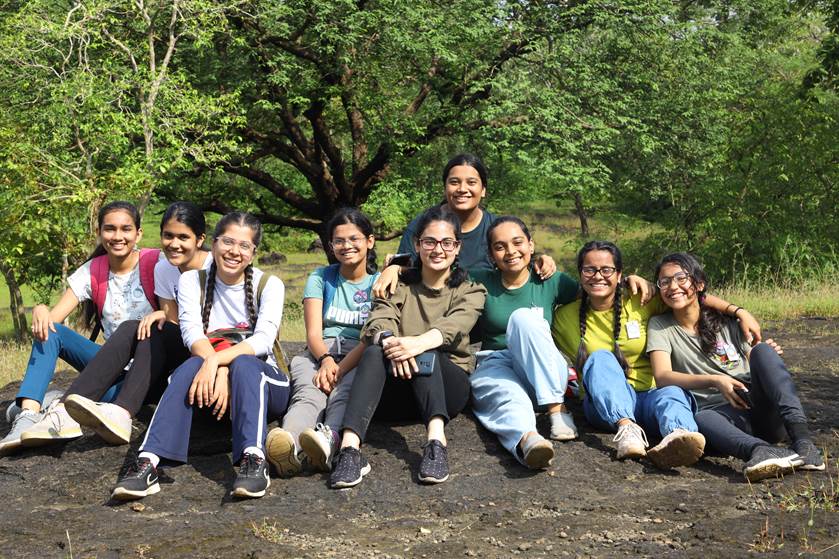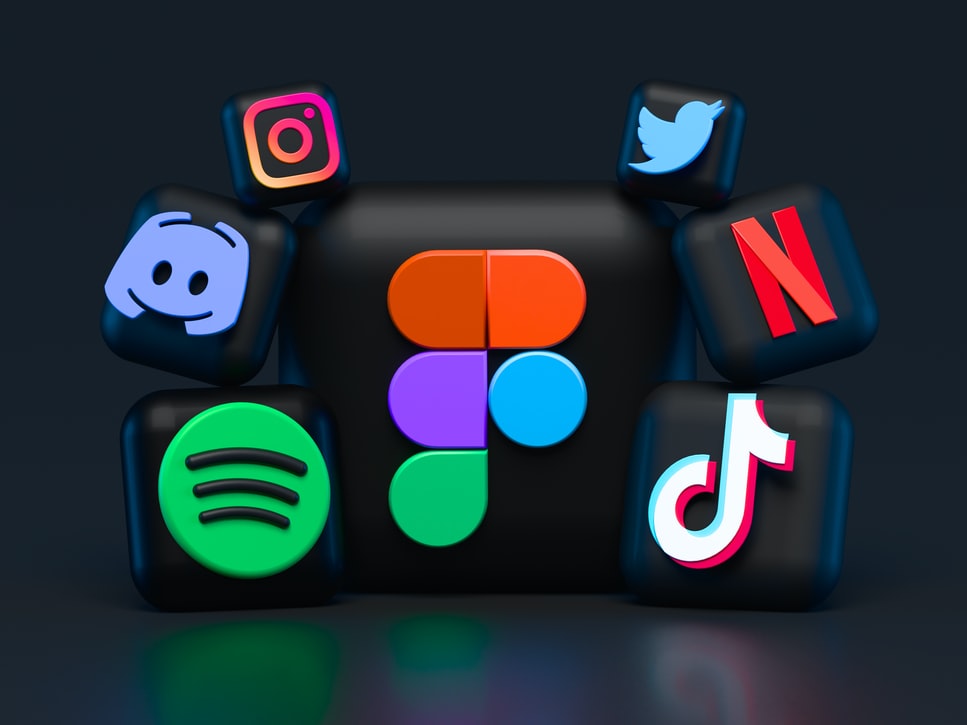Does social media affect how we feel about ourselves?
How does social media affect one’s self-perception?
How to deal with it?
1. Track the time spent on social media:
Majority of the smart phones and social media sites now come with a reminder to notify you the time spent on social media. Tracking social media usage also helps in identifying the activities one participates in and its impact on themselves.
2. Do not compare yourself to your peers online:
It is important to remember that social media is not always the complete reality may not give the whole picture. Keep in mind that the content on social media is highly posed, edited and filtered to showcase the “perfect life”. Appreciate and encourage your friends, but don’t beat yourself up. Acknowledge your small moments of joy too.
3. Take a step back from social media:
Everyone requires social media detox from time to time. Take a step back from social media whenever needed to have healthy mental health and an improved mindset.
4. Look for other hobbies:
Having a set of activities for your hobbies help to take your mind off social media. It not only provides a good distraction from social media but also helps in building some skills or help you relax or enjoy.
5. Follow people or content that help you grow:
It is very important to choose the right content to follow and use social media consciously.
6. Turn off social media notifications:
The social media pop- ups can be tempting to open. Turning off the social media notifications will help in avoiding it. The notification can always be checked according to your schedule without interruption in your workflow.
7. Confront your thoughts:
Take the time to acknowledge your negative feelings, emotions and thoughts and question their validity, if you are feeling low after using social media.
8. Celebrate victories:
While social media is commonly used to share victories/achievements online, you can always share celebrate them offline with friends and families. Make memories, while you cherish your accomplishments.


